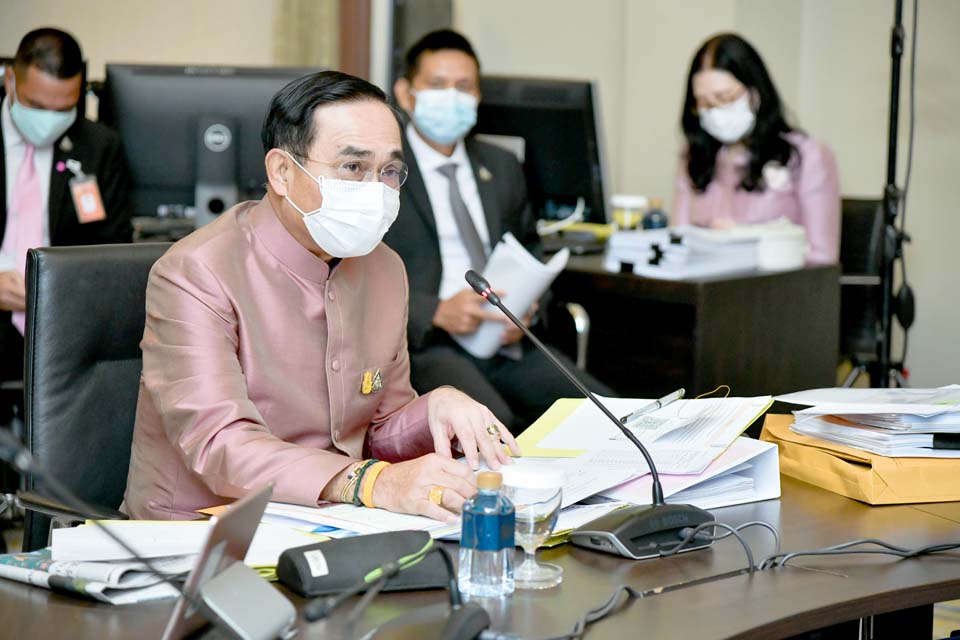
In the past seven years, Thailand has made progress towards sustainable development in all respects, especially improving the people’s quality of life and increasing the country’s competitiveness on the global stage.
In May 2014, the National Council for Peace and Order (NCPO) under the leadership of Gen. Prayut Chan-o-cha stepped in to restore peace and carry out national reform, aimed at moving the country forward and improving the people’s quality of life in accordance with the 20-Year National Strategy.
There were immediate changes, starting with social organization to address the hardships of the people and inequality. To further strengthen the national economy, there were important infrastructure developments, linking rail, land, air, and water transport within the country and with neighboring countries, as well as countries outside the region.
The people of Thailand now have a better quality of life, thanks to government policy. The government has improved the quality of life of people living along waterways, addressed informal debt problems, managed flooding and water shortages more effectively, and provided more benefits and welfare, such as universal health coverage and state welfare cards. The government has also initiated the half-half co-payment scheme to help reduce people’s expenses, while ensuring access to medical care for all citizens and increasing living allowances for children, the elderly and the disabled. In addition, government services have become more efficient, allowing the general public to have access to these services more readily and equally.
The Eastern Economic Corridor (EEC) project and the Bio-Circular-Green (BCG) economic model have contributed to the country’s economic development by creating more jobs, opportunities and income through the land allocation process. Technologies have been adopted to strengthen the agricultural sector, as farmers now have their incomes guaranteed.
Concerning immediate problems, such as natural disasters and the COVID-19 pandemic, the country has received praises from the international country for its prevention and control of COVID-19. The government is now acquiring effective vaccines for all Thai citizens before moving to the next stage of reviving the country.
Throughout the past seven years, Thailand has received international recognition for addressing key issues, such as having its red-flag status lifted by the International Civil Aviation Organization (ICAO), tackling illegal, unreported and unregulated (IUU) fishing, and regulating migrant labor. These efforts and developments have improved Thailand’s credibility, making the country one of the top investment destinations. This is an achievement of the government and the people of Thailand.
As for the country’s future direction, the government is continuing to fine-tune its social and economic structure by gathering ideas and promoting cooperation between all sides under the Unite Thais, Build Nation project, which will move towards sustainable development that leaves no one behind. (NNT)
 |
 |
 |





